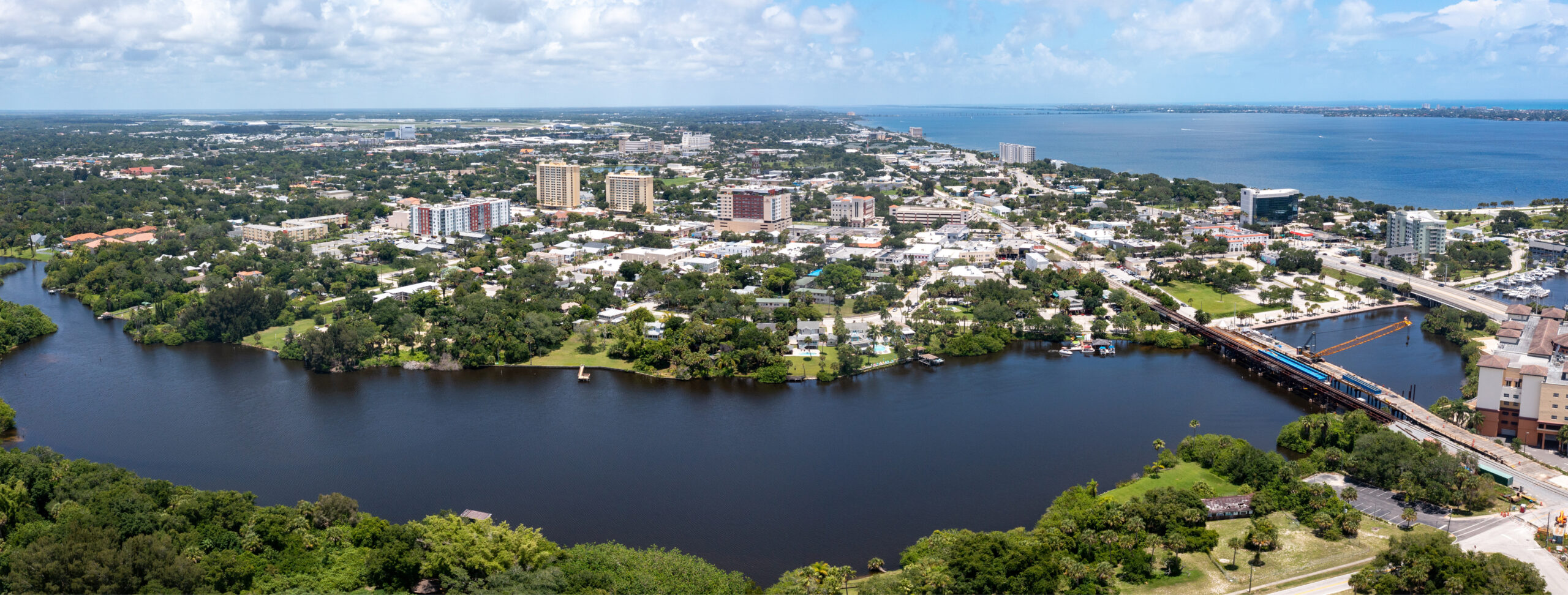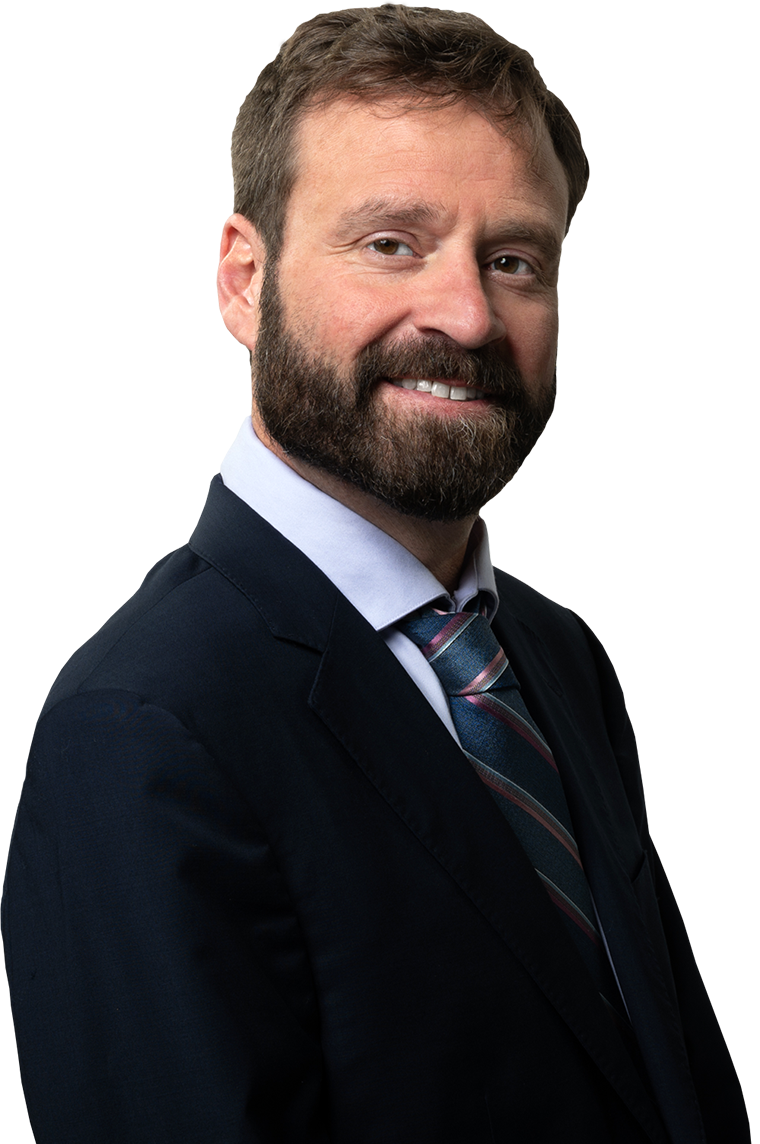Carrying a concealed weapon or firearm in Florida is a matter of personal protection and safety, but it also comes with serious legal responsibilities. Florida law outlines who can legally carry a concealed weapon or firearm, and what the penalties are for those who do not meet the required criteria.
Melbourne Attorney for Concealed Weapons
If you have been charged with carrying a concealed weapon in Florida without the legal ability to do so, you must contact a lawyer immediately. Failing to fully contesting a concealed weapons charge is imperative to ensure your freedom.
Mark Germain provides legal defense to those charged with gun-related crimes in Central Florida and along the Space Coast.
Our office is located in Melbourne, Florida and we proudly serve the surrounding communities of Palm Bay, Titusville, Rockledge, Merritt Island, Cocoa, and Satellite Beach in Brevard County, Vero Beach and Sebastian in Indian River County, Deltona and Dayton Beach in Volusia County, and Kissimmee and Poinciana in Osceola County.
Contact Germain Legal by calling (321) 775-3559 or submit an online form today to start building your defense.
What Is Carrying of Concealed Weapons or Firearms?
- Carrying a Weapon or Firearm: According to Florida Statutes Section 790.01, a prosecutor must prove that the individual had a weapon or firearm concealed on or about their body.
- Concealment: It must be shown that the weapon or firearm was hidden from ordinary view, making it a “concealed” item. If a firearm is found in a vehicle, whether it is considered “on or about the person” can be a significant factor in determining whether it was concealed. This term covers situations where a firearm might be hidden in a car but is still accessible to the individual.
- No Valid License: The prosecutor needs to establish that the person did not have a valid license under Florida Statutes Section 790.06 to carry the concealed weapon or firearm.
- Ineligibility for a License: The prosecutor must demonstrate that the person does not meet the criteria required for a license. This includes factors such as age, background checks, and other eligibility requirements.
A firearm is defined as any weapon designed to expel a projectile through the action of an explosive. This includes the frame or receiver of the weapon, as well as firearm silencers or destructive devices like machine guns. The term excludes antique firearms unless they are used in a crime. In addition, “on or about the person” means the firearm was physically on the individual or within easy reach, and “ordinary sight of another person” refers to whether the firearm could be casually noticed by others during everyday interactions. These definitions are crucial for understanding concealed carry cases.
What Are the Penalties for Carrying Concealed Weapons or Firearms?
| Classification | Penalty |
| Carrying a concealed weapon or electric device w/out a permit | First-degree misdemeanor. Punishable by up to 1 year in jail and/or a fine of up to $1,000 |
| Carrying a concealed firearm w/out a permit | Third-degree felony. Punishable by up to 5 years in prison and/or a fine of up to $5,000 |
| Carrying a concealed weapon or firearm during a mandatory evacuation (if lawfully possessed) | No penalty |
| Carrying a self-defense spray, nonlethal stun gun, or a dart gun for self-defense | No penalty |
What Are Potential Alternatives to Incarceration?
- Probation: The individual may be placed on probation, which allows them to remain in the community under supervision instead of serving time in jail. Conditions may include regular check-ins with a probation officer, attending educational programs, and adhering to specific rules set by the court.
- Community Service: The court may require the individual to complete a certain number of hours of community service. This alternative involves performing unpaid work for community projects or organizations.
- Diversion Programs: If the individual is eligible, they may participate in a diversion program, which typically includes counseling, education, and monitoring. Successful completion of the program can result in reduced charges or even dismissal of the case.
- House Arrest: The court may impose house arrest, requiring the individual to stay at home except for approved activities like work or medical appointments. This is often monitored electronically.
- Mandatory Counseling or Educational Programs: The court may require the individual to attend counseling sessions, anger management classes, or firearms safety courses. These programs are designed to address underlying issues and prevent future offenses.
What Are Potential Defenses to a Concealed Carry Charge?
- Possession of a Valid License: If the individual has a valid concealed carry license under Florida Statutes Section 790.06, this serves as a defense against charges. The state must prove that the person did not have a license.
- Eligibility for a License: A person who does not have a license but meets the criteria to receive one under Florida Statutes Section 790.06 can argue that they are eligible to carry a concealed weapon or firearm.
- Evacuating During a State of Emergency: If the person was carrying a concealed weapon or firearm while evacuating during a mandatory evacuation order issued by the Governor or a local authority, this is a defense.
- Carrying Nonlethal Self-Defense Weapons: Carrying certain nonlethal weapons, such as a nonlethal stun gun or a self-defense chemical spray, is not a violation. The weapon must be carried solely for defensive purposes.
- Lawful Use of Self-Defense: If the person carried the firearm or weapon for lawful self-defense and used it in a situation where they reasonably believed it was necessary to protect themselves from imminent harm, this can be a defense.
- Knowledge of the Firearm’s Presence: The state must prove that the defendant knowingly concealed the firearm. This means the individual must have been aware that they were carrying the firearm in a concealed manner. Cases often arise where individuals unknowingly carry firearms, such as those discovered in luggage at airports. In these instances, an attorney can argue the lack of knowledge to potentially challenge the charges.
- Carrying a Concealed Firearm in a Vehicle: Florida law provides an affirmative defense for individuals carrying firearms in a vehicle if the firearm is “securely encased.” This defense can be used if the individual can prove that the firearm was properly stored in the vehicle, for example, in a locked glove compartment.
What Can a Gun Charge Lawyer Do For Me?
When you’re facing a charge for carrying a concealed firearm, it can feel overwhelming. A lawyer who focuses on this specific charge is there to guide you through the process and protect your rights.
First, your lawyer will take the time to understand the details of your case. They’ll ask questions about the circumstances surrounding your charge and listen to your side of the story. This helps them gather all the necessary information to prepare your defense.
Next, your lawyer will explain the legal process to you in plain terms. They’ll let you know what to expect at each stage, from the initial court appearance to the possible outcomes. They’ll also go over the potential consequences of the charge, including fines, probation, or jail time.
Another important role of your lawyer is to communicate with the prosecution on your behalf. They’ll handle negotiations and discussions that could lead to a reduced charge or even a dismissal, depending on the specifics of your case.
In addition to these tasks, your lawyer will be your advocate in court. They’ll present your defense and challenge the evidence against you. Their goal is to achieve the best possible outcome, whether it’s a favorable plea deal, a reduction in charges, or an acquittal.
Throughout the process, your lawyer is there to answer your questions and address any concerns you have. They’ll keep you informed about the progress of your case and ensure you understand what’s happening at every step.
Eligibility Requirements for a Concealed Weapon License
Florida imposes specific requirements for obtaining a concealed weapon license, including being a U.S. citizen or permanent resident, being at least 21 years old, and having no felony convictions. Additionally, applicants must show competency in handling firearms through approved safety courses.
Application Process for a Concealed Weapon License
To obtain a concealed weapon license in Florida, an individual must follow a series of steps. This includes submitting an application to the Florida Department of Agriculture and Consumer Services, completing firearm safety courses, providing a passport-style photo, and getting fingerprinted. The process takes approximately 90 days. Knowing these steps can help individuals navigate the process of obtaining legal permission to carry a concealed firearm.
Frequently Asked Questions
What is the difference between a concealed weapon and a concealed firearm? A concealed weapon can include items such as knives, electric weapons, or other devices carried in a hidden manner, while a concealed firearm specifically refers to a gun carried in a concealed manner. Florida law defines each separately, with different penalties for carrying them without a proper license or legal justification.
Can someone carry a concealed weapon or firearm on private property without a license? Yes, Florida law allows individuals to carry a concealed weapon or firearm on their own private property or in their home without a license. This also applies to a person’s place of business. However, carrying in public requires meeting specific legal criteria or obtaining a proper license.
Is there an age requirement for carrying a concealed weapon or firearm? Yes, individuals must be at least 21 years old to obtain a concealed carry license in Florida. There are exceptions, such as for active military personnel who are 18 or older.
Can a non-resident carry a concealed firearm in Florida? Yes, Florida honors concealed carry licenses from other states, provided those states offer reciprocity to Florida license holders. Non-residents must comply with Florida’s laws while carrying a concealed weapon or firearm and must possess a valid concealed carry license from their home state.
What should someone do if they are stopped by law enforcement while carrying a concealed weapon or firearm? If stopped by law enforcement while carrying a concealed weapon or firearm, the individual should immediately inform the officer that they are carrying and present their concealed carry license, if applicable. It is important to comply with all lawful instructions and not make sudden movements that could be perceived as threatening.
Are there places where concealed weapons or firearms are prohibited even with a license? Yes, even with a concealed carry license, there are places where carrying a weapon or firearm is prohibited in Florida. These include schools, government buildings, courthouses, police stations, and places of worship. Violating these restrictions can lead to criminal charges, regardless of whether the person has a valid license.
Additional Resources
Florida Statutes Section 790.01
Florida Statutes Section 790.01 outlines the legal requirements for carrying concealed weapons or firearms in the state. It permits individuals to carry concealed weapons or firearms if they meet certain conditions, such as holding a valid license or meeting specific criteria. The law also covers the penalties for those who carry a concealed weapon or firearm without meeting these requirements, which can range from a misdemeanor to a felony, depending on the circumstances.
Governor Ron DeSantis Signs HB 543
Governor Ron DeSantis signed HB 543 into law, allowing citizens of the state to carry concealed weapons without a permit, starting July 1, 2023. This Constitutional Carry law eliminates the need for a government-issued permit while maintaining certain eligibility requirements for individuals who wish to carry a concealed weapon.
Hire a Lawyer for Carrying of Concealed Weapons in Brevard County, Florida
Our office is located in Melbourne, Florida and we proudly serve the surrounding communities of Palm Bay, Titusville, Rockledge, Merritt Island, Cocoa, and Satellite Beach in Brevard County, Vero Beach and Sebastian in Indian River County, Deltona and Dayton Beach in Volusia County, and Kissimmee and Poinciana in Osceola County.
Contact Germain Legal by calling (321) 775-3559 or submit an online form today to start building your defense.



